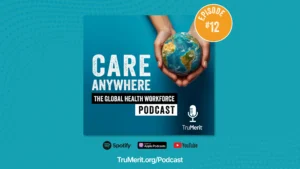Understanding ADLs and IADLs
What are ADLs and IADLs?
One of the most difficult parts of aging is the inability to complete basic self-care tasks on a day-to-day basis required for independent living. These daily tasks fall into two categories: Activities of Daily Living (ADLs) and Instrumental Activities for Daily Living (IADLs).
What are Activities of Daily Living (ADLs)
ADLs are the basic self-care tasks that typically develop in early childhood. It’s easy to take ADLs for granted when you are young and healthy, however, due to a variety of health issues and the general effects of aging, many of these everyday tasks start to become more difficult for seniors to complete on their own. The six primary ADLs include:
- Functional mobility such as the ability to walk or safely get in and out of a bed or a chair
- Grooming and personal hygiene, including skin and hair care
- Showering or bathing
- Toileting, including the ability to safely get on and off the toilet
- Dressing, which includes selecting appropriate attire and putting it on
- Self-feeding
Why do ADLs Matter?
It’s important to understand ADLs when determining the proper level of care for a loved one or resident. Some ADLs require less constant care while others, like toileting, require 24/7 care. Considering whether to move a family member to an assisted living facility or a nursing home is a big decision that should be well thought out. Another crucial role ADLs play is in providing a standard that many insurance companies use to determine the level of coverage to provide.The number of ADLs a senior needs help with, will usually determine whether or not they qualify for assistance in paying for an assisted living home, a nursing home, or in-home care. For many long-term care insurance policies, the inability to perform two ADLs or more is the point where the insurance provider will start paying on the policy.
What about Instrumental Activities of Daily Living (IADLs)?
We often hear about ADLs, but Instrumental Activities of Daily Living, or IADLs, is another important category that caregivers should be familiar with. IADLs are tasks that are instrumental to living independently but don’t require the same level of care to complete as ADLs. While they are not a requirement for basic health and survival, they do impact quality of life. The main IADLs to be aware of are:
- Managing finances
- Handling transportation
- Preparing meals
- Managing medications
- Housework and basic home maintenance
Older adults living at home need to be able to manage the ADLs and IADLs above in order to live independently. While staying independent is very important, no senior should have to struggle with or be deprived of basic self-care. Knowing the ADLs and IADLs is critical in recognizing when a loved one needs assistance and when a care plan is necessary.









